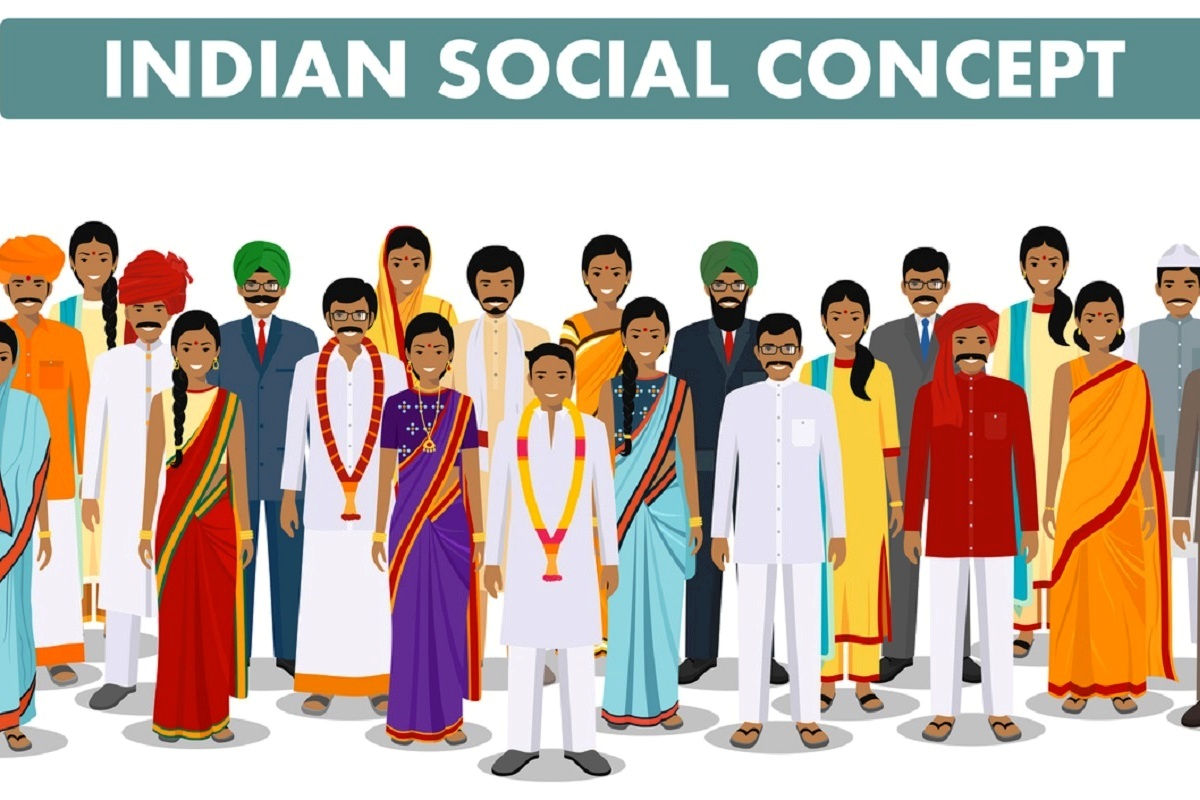Women’s U-19 T20 WC: India beat England; will face SA in final
Defending champions India rode a clinical all-round performance in the second semi-final against England to secure their entry into the Women's U-19 T20 World Cup final.
Soft Power is the ability of a nation to shape preferences of others by setting up examples through its values and culture, as opposed to the hard power executed through “military threats and economic inducement”.

(Representational Image: iStock)
The Prime Minister of India in the recent past has stated in various contexts that the soft power of India could strengthen the country’s image worldwide. In fact, ever since Prof. Joseph Samuel Nye Jr. of Harvard University pioneered the term “Soft Power” of nations in the late 1980s, the strategies in world diplomacy started changing.
Soft Power is the ability of a nation to shape preferences of others by setting up examples through its values and culture, as opposed to the hard power executed through “military threats and economic inducement”. When Japan’s former Prime Minister, Shinzo Abe expressed “deepest remorse” and “sincere condolences” to wartime victims, that demonstrated the nation’s soft power and Japan’s commitment to world peace today.
Advertisement
When Willy Brandt, the then German Chancellor, fell to his knees in Warsaw to apologize for crimes of the Nazi era and asked for Poland’s forgiveness, that showed the strength of soft power in today’s Germany, committed to oppose ultra-nationalism.
Advertisement
Hu Shih, the Vice-Chancellor of the Peking University at the time of revolution, while speaking in the context of the spread of Buddhism during the reign of the Eastern Han Dynasty, stated that India has culturally influenced China for more than 2,000 years without sending a single soldier.
Historically, India’s cultural influence had spread right up to the FarEast and to South-east Asian nations but never was such influence backed by the country’s military or economic might. Mahatma Gandhi’s non-violent non-cooperation movement against the mightiest colonial power perfectly fits this historical mindset.
India’s lead in the non-aligned movement when the Cold War was at its peak, had also reflected the nation’s worldview. However, India did not succeed much in packaged demonstration of her soft power to the world community, except in recent decades.
When the UN General Assembly resolved (2007) to observe Gandhiji’s birthday as the International Day of Non-violence and had endorsed (2014) India’s proposal to observe 21 June as International Yoga Day, those were considered as successes of Indian diplomacy. To an Indian, yoga refers to the asanas that helps to synchronize our physical, mental and spiritual activities. To an outsider this may be the set of postures that keep one physically fit if practiced regularly.
There may be differences in perceptions, yet this Indian tradition has been widely accepted today by the world community as one of the means of remaining physically fit. In the post-Covid era, Namaskar, the traditional non-contact way of respectfully greeting someone, achieved some degree of acceptability worldwide. Benjamin Netanyahu, then Prime Minister of Israel, suggested using this gesture as an alternative to handshaking during the epidemic.
There are many such traditions and values, practiced in different parts of India, that are worth projecting as part of India’s soft power. Rakhsha-Bandhan (Rakhi), as it stands now is a festival of North India when the sister ties a talisman around the wrist of the brother to pray for his good fortune. Tagore gave a twist to this traditional ritual while protesting against the partition of Bengal in 1905 on communal lines.
The thread of protection was used by Tagore to symbolize the brotherhood and togetherness amongst two communities, the social fabric that the British rulers were bent upon dividing. India may popularize Tagore’s concept of Raksha Bandhan to demonstrate symbolically the concept of universal brotherhood, Vasudhaiva Kutumbakam. Micchami Dukkadam is observed by Jains every year.
It’s like an annual day of introspection when a person forgives or seeks forgiveness for the mistakes committed by him knowingly or unknowingly to all living beings. People greet their relations and friends Micchami Dukkadam seeking their forgiveness. This is a wonderful tradition to ignite introspection in a person. This value, widely prevailing in India, is worth projecting to the international community.
Though many observe Global Forgiveness Day, aimed at sensitizing people as to how important forgiveness is to realise peace in life, Micchami Dukkadam has altogether a different connotation. In Prakrit, it means, “may all the evil that has been done be in vain”. Guru Purnima is another day that is observed in India to honor the Guru or the mentor.
The connotation of the word Guru in a pan-Indian context has much wider meaning than ‘teacher’. Guru, besides imparting knowledge to us, molds our values, sets up examples and is always a source of inspiration. Honouring the Guru is another Indian concept, worth emulating. India needs to project her unique values, uninterruptedly, to strengthen her image.
India’s diaspora in the West can very well be the vehicle for changing the perception of the international community, provided the Ministry of External Affairs and the embassies of India facilitate the process and consciously lead the initiative.
(The writer is a former civil servant. The views expressed are personal)
Advertisement